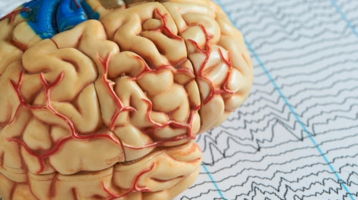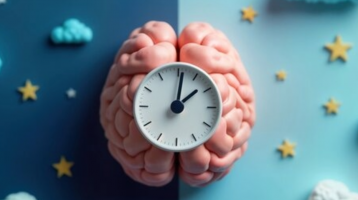Wondering when is the best time to eat dinner? It might come as a surprise, but when you eat dinner may be just as important as what you eat for dinner when it comes to maintaining your health.
Timing your meals right can help to fight off disease and improve your overall health in various ways. Taking the time to learn about meal timing can have a positive effect on your health both now and down the road.
Understanding the Best Time to Eat for Weight Loss
 Emerging research continues to demonstrate that when you eat dinner may have profound effects on your health. The data consistently points to lighter meals consumed earlier in the evening as being the most beneficial for most health and wellness goals.
Emerging research continues to demonstrate that when you eat dinner may have profound effects on your health. The data consistently points to lighter meals consumed earlier in the evening as being the most beneficial for most health and wellness goals.
For example, if you are looking to lose weight, research suggests that you should aim to eat the last meal of the day prior to when your body begins to release melatonin to prepare for bedtime. Because your body’s metabolism is closely linked to your natural circadian rhythms, it stands to reason that disrupting this rhythm may affect your ability to maintain a healthy weight.
Timing Dinner to Avoid Reflux
Gastroesophageal reflux disease (GERD) is a digestive condition that causes the acid in the stomach to flow back up the esophagus. This movement causes an uncomfortable burning sensation.
Research has shown that eating the last meal of the day at least three hours prior to going to sleep can help to alleviate this issue. This is because the body has more time to digest the food before you lay down in the prone position. It is much easier to get a good night’s sleep if you are not dealing with the uncomfortable symptoms of GERD.
Other Benefits of an Early Dinner
In addition, eating your dinner too late at night can also disrupt the body’s ability to process glucose. This disruption could be a precursor to developing diabetes or other types of health conditions, including heart disease. This is why many healthcare professionals are now recommending that their patients aim to time their meals so that they have plenty of time to digest the food prior to lying down to sleep.
Scientists at the Barcelona Institute for Global Health also discovered that people who consume their last meal prior to 9 p.m. or wait at least two hours between eating and going to sleep are less likely to develop certain types of cancers when compared to those who eat late. For example, the study found that eating just prior to going to bed may raise the risk of breast and prostate cancer by up to 20 percent.
It is also important to note that eating at regularly scheduled times makes it easier to maintain a healthy weight. Random snacking and haphazard eating schedules can wreak havoc on the body’s ability to perform a number of functions. This helps explain why late-shift workers are more likely to be plagued with health conditions such as heart disease, obesity and metabolic disorders. Irregular eating and sleeping habits are clearly not good for overall health.
Benefits of Intermittent Fasting
One of the most popular diet strategies these days is intermittent fasting. This type of eating pattern cycles between periods of eating and periods of fasting. While there are various approaches to this strategy of eating, one of the most common is not eating for a period of 12-15 hours overnight. In order to achieve this designated period of fasting, participants eat an early dinner and then hold off on eating breakfast until later in the morning.
One of the benefits of intermittent fasting is that as you fast, the level of human growth hormones in your body increases while insulin levels decrease. This makes it easier for the cells in the body to undergo important repair and recovery processes.
Exploring the Chronodiet

The Chronodiet also advocates leaving about four to five hours between the three primary meals of breakfast, lunch and dinner. This diet approach also encourages you to leave at least 12 hours between dinner and breakfast. This period of fasting provides your body with the time that it needs to break down fat reserves.
Matching your meal timing with your body’s natural circadian rhythms allows your body to be more likely to process food in a healthier way that is more beneficial to your well-being. Rather than fighting the body’s natural rhythms, it is more beneficial to lean into them and adjust your eating and sleeping schedule accordingly. This is where the concepts of the Chronodiet come into play for greater health.
It is understandable if your head begins to spin when you try to process all of this information about what and when to eat for optimal health. However, simply remembering the best time to eat dinner to give your body plenty of time to digest food before bedtime can go a long way in helping you to achieve all of your health and wellness goals.







